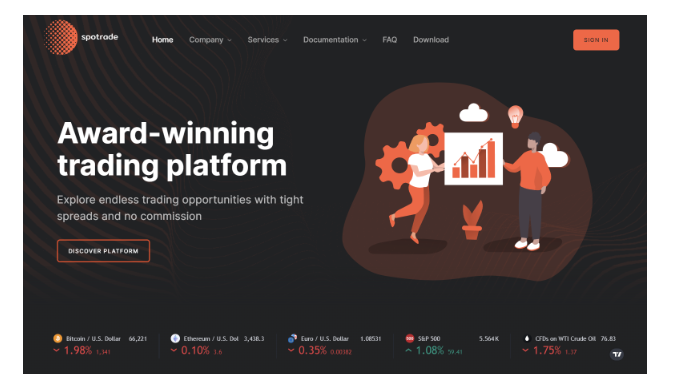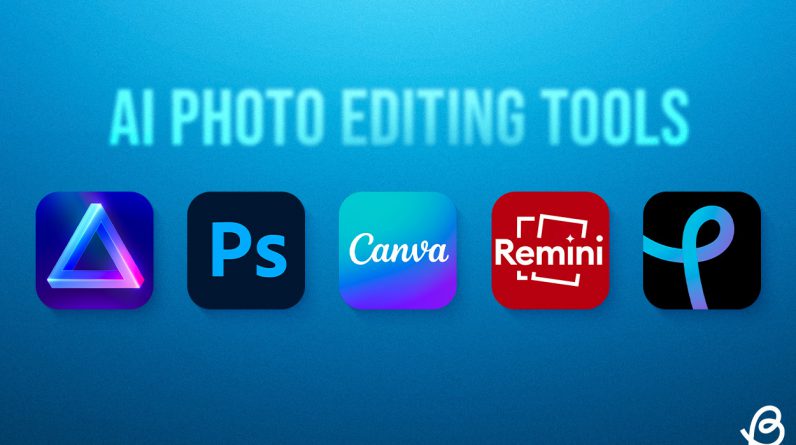Authored by Laxmikant Thipse, CEO, GameCloud Technologies
Quality assurance is a crucial aspect of content creation, regardless of whether it is traditionally written or AI-generated. The importance of quality assurance in AI-generated content cannot be overstated, as the output of AI technologies is directly proportional to the quality of the data used for training. This means that if poor quality data is used, the resulting content will also be of poor quality.
One essential aspect of AI-generated text to monitor is relevance and coherence. While AI can produce content rapidly, it is not infallible and might meander off-topic or generate statements that don’t make sense. Therefore, it is essential to scan through AI-generated articles to ensure they make sense and are relevant to the intended topic. Another critical consideration is plagiarism. When using AI article writers, plagiarism detection should be a cornerstone of the quality assurance strategy. Despite boasting impressive algorithms, some systems might inadvertently reproduce phrases from source material too closely, mimicking plagiarised content, which could lead to legal issues.
Language quality review is also pivotal for maintaining standards in AI automatic writing. Monitoring output for grammatical accuracy, contextual spelling errors, proper usage of idioms and phrasal verbs, etc., is necessary to ensure the highest quality.
The Crucial Role of Quality Assurance
Quality Assurance in AI-generated content ensures that the output meets certain standards of accuracy, relevance, and readability. It involves rigorous testing and review processes to detect and correct errors, biases, or inconsistencies. Here’s why QA is indispensable:
- Ensuring Accuracy and Reliability: With 82% of content creators considering AI-generated content as good as human-generated, the pressure to maintain this perception is high. QA processes help verify facts and statistics against credible sources, ensuring the content’s reliability.
- Maintaining Ethical Standards: AI-generated content must adhere to ethical guidelines, avoiding the spread of misinformation or biased narratives. QA helps in upholding these standards by monitoring AI outputs for potential ethical breaches.
- Enhancing User Engagement: Engaging content is key to retaining audience attention. QA ensures that AI-generated content is coherent, contextually appropriate, and tailored to the audience’s interests.
- Driving Business Growth: High-quality content can lead to higher conversion rates and customer loyalty. By implementing QA, businesses can ensure their AI-generated content effectively communicates their brand message and drives growth.
Some examples of AI-powered quality assurance tools
- TestCraft: TestCraft is an AI-powered test automation platform for regression and continuous testing that works on top of Selenium. It allows testers to visually create automated tests using a drag and drop interface, running them on multiple browsers and work environments simultaneously without requiring coding skills.
- Applitools: Applitools is an application visual management and AI-powered visual UI testing and monitoring software. It offers an end-to-end software testing platform powered by Visual AI, enabling professionals in engineering, test automation, manual QA, DevOps, and Digital Transformation teams to enhance their testing processes with adaptive AI and machine learning algorithms.
- Functionise: Functionise is a cloud-based automated testing technology used for functional, performance, and load testing. It leverages machine learning and artificial intelligence to accelerate test creation, diagnosis, and maintenance. Functionise allows for easy test execution across thousands of tests in minutes on various desktop and mobile browsers, making it a comprehensive solution for test automation.
Recent Data on AI-Generated Content Quality
Recent statistics indicate that a significant portion of people find AI-generated content to be equal to or even better than human writing, with 65.8% of individuals expressing this sentiment. This data underscores the growing acceptance and recognition of AI’s capabilities in content creation. Additionally, 63% of people have concerns about AI-generated content, particularly regarding quality issues and potential plagiarism. 82% of marketers say AI-generated content is as good as human-generated. AI in marketing is expected to grow to a $107.5 billion industry by 2028. This highlights the need for continued vigilance and quality assurance measures when utilising AI in content creation to address these apprehensions and ensure high-quality output.
Conclusion
As AI continues to shape the future of content creation, the role of Quality Assurance becomes increasingly critical. It is the linchpin that ensures AI-generated content remains accurate, ethical, and engaging. With the rapid growth of AI in various sectors, investing in robust QA processes is not just important—it’s essential for success in the digital landscape.
Quality Assurance in the era of AI-generated content is a multifaceted challenge that requires a combination of technological, ethical, and human oversight. As we embrace the benefits of AI, we must also commit to the rigorous QA processes that will maintain the high standards the public expects and deserves.






